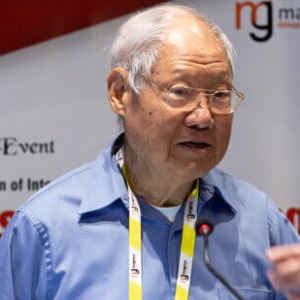Molecular Engineering
Any method of producing molecules is referred to as molecular engineering. It can be used to make new molecules that don't exist in nature or are stable beyond a very restricted range of conditions on a very small scale, usually one at a time. Currently, this is a time-consuming technique that necessitates manual manipulation of molecules using instruments like a scanning tunnelling microscope. Because of the capacity to control the electrical, magnetic, and optical properties of molecule-based materials by selecting and altering their chemical constituents, molecular engineering is becoming a rapidly growing area. The controlled creation of highly ordered, crystalline molecular thin films is attracting a lot of attention because of its prospective uses in areas including solid-state photonics, microelectronics and biology. Protein engineering, the generation of protein molecules, a process that occurs naturally in biochemistry, such as prion reproduction, can be thought of as a precision type of chemical engineering. It does, however, offer far more control than genetic modification of an existing genome, which must rely solely on existing biochemistry to express genes as proteins and has minimal ability to make non-proteins.

Murray Moo Young
University of Waterloo, Canada
Limongi Tania
University of Turin, Italy



Title : Renewed novel biotech ideas, with bioreactor bioengineering economic impact
Murray Moo Young, University of Waterloo, Canada
Title : Improving health in over 40,000 patients: The impact of nanomedicine fighting antibiotic resistant infections
Thomas J Webster, Brown University, United States
Title : Osmotic lysis–driven Extracellular Vesicle (EV) engineering
Limongi Tania, University of Turin, Italy
Title : Evaluating cell compatibility and subcutaneous host response of silk fibroin–chitosan plug composites as potential resorbable implants
Luis Jesus Villarreal Gomez, Universidad Autonoma de Baja California, Mexico
Title : Comparative study of endo-?-1,4-mannanases from novel bacterial strains for the production of galactomanno-oligosaccharides
Shruti Saini, National Agri-food and Bio-manufacturing Institute, India
Title : Engineering Sf9 host cells with AcMNPV genes to control baculovirus infection dynamics and heterologous gene expression
Tamer Z Salem, Zewail City of Science and Technology, Egypt